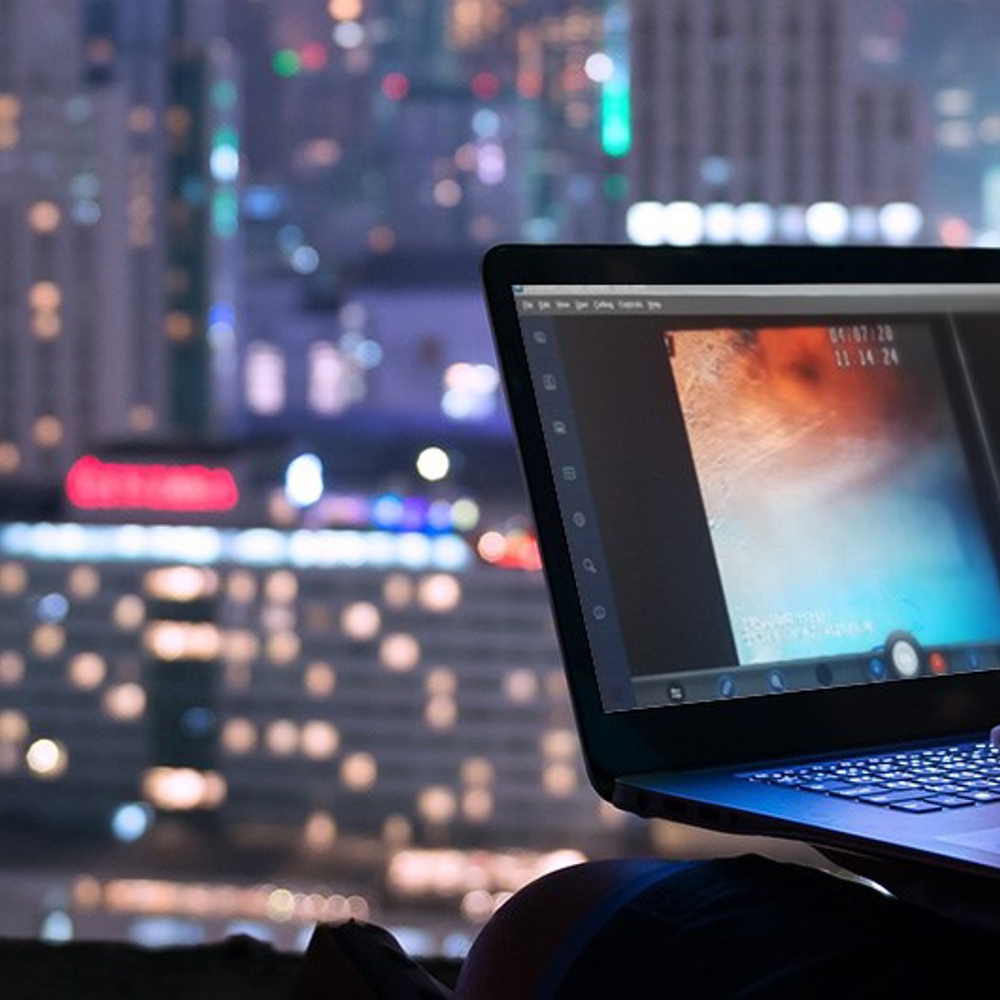During the first months of the global coronavirus pandemic, the use of remote surveys and inspection techniques accelerated beyond all expectations. For many operators, remote surveys have been more a question of necessity than choice over the past six months or so. Crews needed to be protected from possible infection, and travel restrictions prevented LR surveyors from physically reaching vessels.
As so often happens, in adversity comes invention. During this unprecedented period, LR was able to take a major step forward by supplementing our traditional remote survey practices with live audio-video streaming capabilities. This not only improved our ability to identify problems onboard, but allowed a broader range of surveys to be completed. I am pleased to say that feedback from operators and crews has been very positive.
This is just the beginning. To date, our focus has been on existing ships, especially cruise ships with good Wi-Fi capabilities, that have been unable to operate during lock down. But we are also seeing growing demand from across the marine and offshore supply chains, and we are already working closely with some clients, to understand where we can add value, without compromising quality or safety and defining our approach to meet their needs.
One such opportunity we are exploring is the creation of a series of hybrid services. In one potential use case – for vessels with little time in port – our surveyors would undertake a physical, onboard survey and use our remote capabilities to complete administrative tasks such as ensuring the integrity of certificates and documentation. By taking administration off the vessel we will be able to reduce disruption and allow crews to focus on cargo operations, host other technicians or complete the many other tasks required when in port.
In another example, we may look to make physical visits to operator headquarters to certify the paperwork of multiple ships, and conduct remote surveys of vessels at sea from these locations. This will enable owners to be physically present (in the room) during surveys without having to join via video link or us all being onboard. Again, the speed and economies of scale we achieve by completing paperwork onshore, and remote surveys onboard will be significant.
We are working hard, and using surveyor's feedback, to refine and improve our processes. We already understand that remote surveys can take longer than those on-board and we are looking to simplify checklists in MAST so surveyors can spend less time on form filling and more time applying their expertise. We are also working with our technical governance and fleet services teams to understand the full implications on things like Port State Control inspections following remote surveys.
In a connected point, the LR Remote Survey Champions are also investigating opportunities to enhance our remote survey capability and increase safety of crew members who help us conduct remote surveys. Instead of having to carry the video device (typically a high end smartphone), body-worn cameras so crew can keep both hands free while streaming video back to our surveyors.
We have only just scratched the surface of what is possible. LR’s remote survey team are experimenting and learning all the time. Today, we are partnering with trusted clients to trial more in-depth annual surveys to see which elements are appropriate for remote inspection (and which are not). LR is even running remote and onboard surveys simultaneously on the same vessel so we can compare results and further develop best practices.
There is no doubt that the digitisation of our industry has taken a big leap forward as a result of the global pandemic, and there is a lot of work still to be done to fully embed, and develop, new approaches and processes for 'the new norm'. It’s an exciting time and we value all feedback and suggestions from our clients.
Insight article
15 September 2020
Safety, convenience and innovation in Remote Surveys

Thomas Aschert, Remote Survey Global Operations Manager, discusses how LR intends to continue to innovate in this area, and why he believes we are just scratching the surface of what is possible






